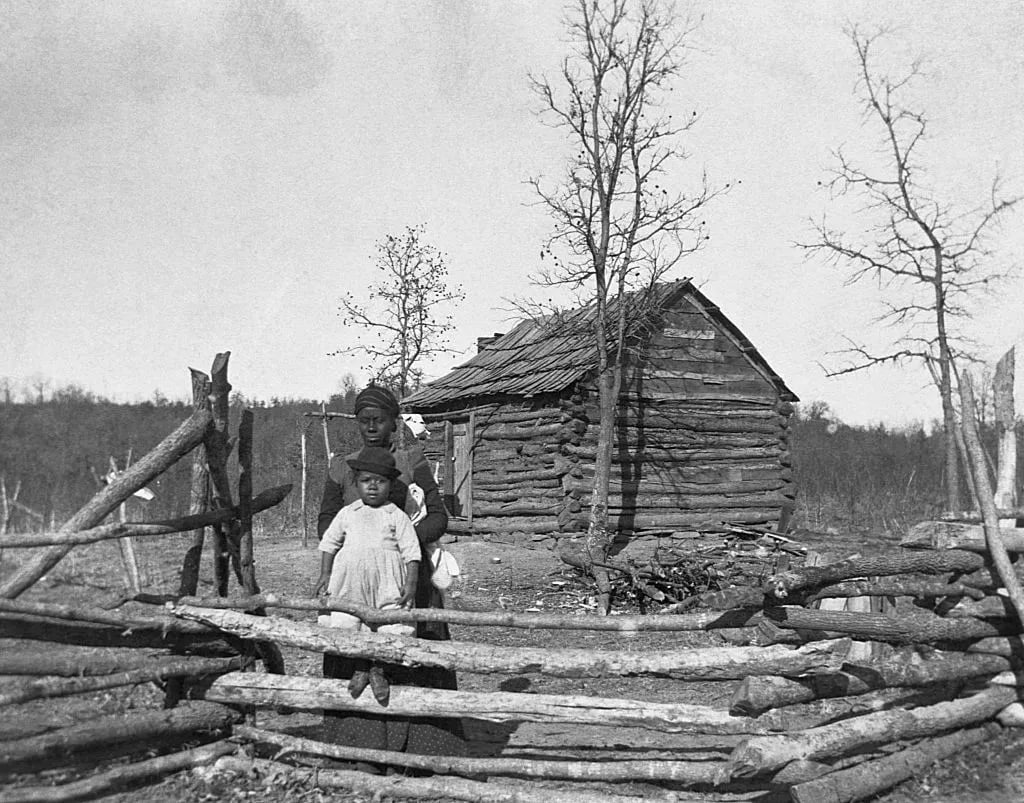Recently, the Muscogee Nation Supreme Court in Oklahoma determined that Black Americans whose ancestors were enslaved by the tribe qualify for tribal membership.
As the Associated Press reported, the court’s bench ruled in favor of Rhonda Grayson and Jeffrey Kennedy, whose applications were denied by the tribe’s citizenship committee in 2019 over the absence of documentation tracing directly back to tribal members.
The seven justices agreed that the board’s decision breached the 1866 agreement known as the Treaty with the Creeks, which was made between the Nation and the US, which outlawed “slavery or involuntary servitude” except as criminal punishment, according to the Black Past.
The Muscogee Nation tribe denied citizenship to descendants of enslaved people
The Muscogee Nation was among five Oklahoma tribes that historically enslaved people. The reason the membership board didn’t approve Grayson and Kennedy was the absence of any documented heir tracing directly back to tribal members. They didn’t have the proper proof needed due to being descendants of those whom the tribe enslaved.
As noted by the Black Past, once the 1866 treaty was finalized, it also guaranteed that formerly enslaved Creek Freedmen and their descendants “shall have and enjoy all the rights and privileges of native citizens,” including equal interest in land and national funds.
In 1979, the tribe established a governing charter that limited enrollment to those who could prove direct blood descent, as recorded on the early 1900s Dawes census. That federal registry separated enrolled Muscogee members from those listed as Freedmen. On Wednesday, the high court sent the case back to the tribe’s enrollment authority, instructing it to honor the 1866 treaty. The decision guarantees equal citizenship to both Grayson and Kennedy, as well as to any future applicants whose ancestors appear on either of the Dawes lists.
“Are we, as a Nation, bound to treaty promises made so many years ago? Today, we answer in the affirmative, because this is what Mvskoke law demands,” the judges explained in their written decision, per the Associated Press.
The court ruled that any clause invoking “by blood” lineage in the Nation’s charter is invalid, likely triggering a rewrite of those sections. Under one article, candidates must still prove at least 25 % Muscogee heritage to qualify for office.
“We are currently reviewing the order to understand its basis as well as its implications for our processes,” Muscogee Nation Chief David Hill shared via the Associated Press. “It may be necessary to ask for a reconsideration of this order to receive clarity so that we can ensure that we move forward in a legal, constitutional manner.”
The Muscogee Nation court’s ruling that Freedmen are entitled to citizenship is a victory for thousands
Grayson told the Associated Press that the ruling opens an avenue for thousands of people who were previously barred by lineage to gain official citizenship.
“While this victory honors our past, it also offers a meaningful opportunity for healing and reconciliation,” Grayson said. “It’s time now to come together, rebuild trust, and move forward as one united Nation, ensuring future generations never again face exclusion or erasure.”
“When I heard the ruling, I felt generations of my family exhale at once,” Kennedy added. “Our ancestors signed that treaty in good faith, and today the Court finally honored their word.”
Jonathon Velie, an attorney who worked on behalf of Freedmen citizens in other similar cases, emphasized that the Interior Department regards Freedmen from both nations equally, even though each tribe applies its own membership rules.
“I hope the (Muscogee) Creek Nation welcomes them back in, because what they won today wasn’t the U.S. Government or the U.S. courts telling them, they told themselves in their own judicial system,” Velie told the Associated Press.
